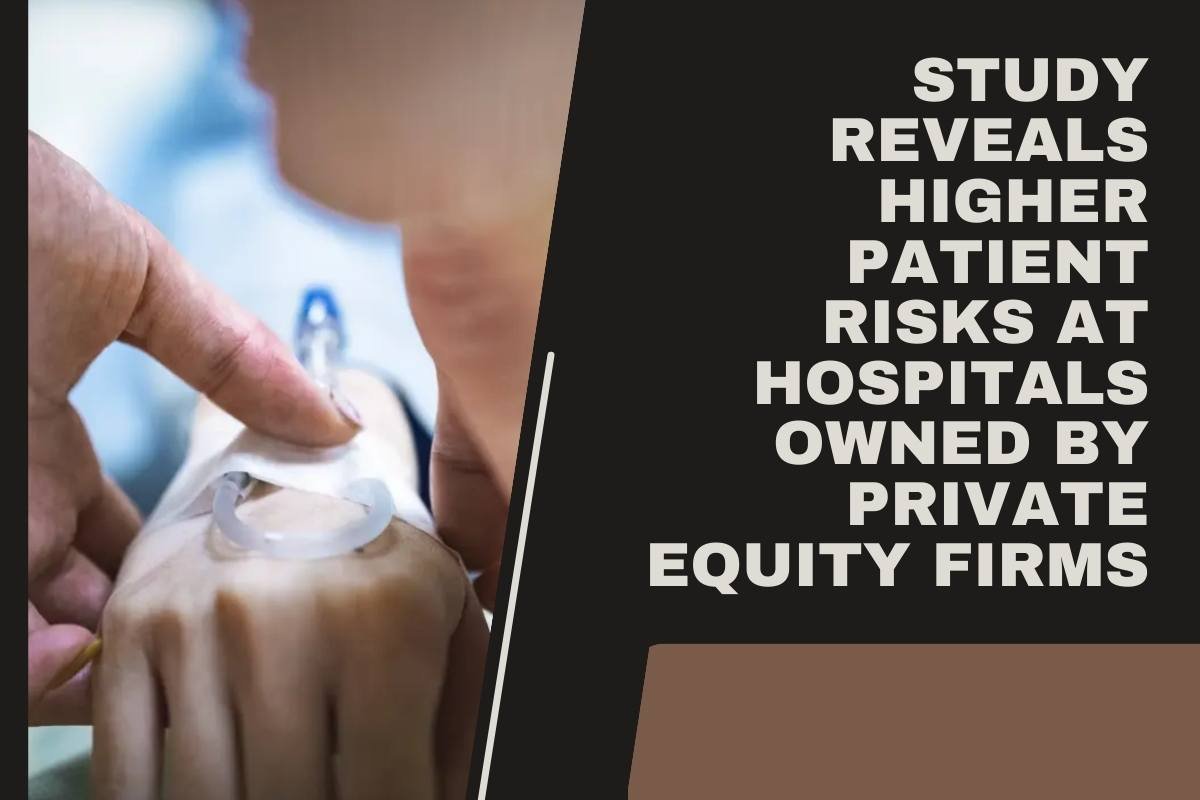(Source – The Guardian)
A recent comprehensive study published in the Journal of the American Medical Association (JAMA) sheds light on the increased hazards faced by patients in hospitals acquired by private equity firms. The research examined the rates of 10 serious adverse events associated with medical care at 51 hospitals both before and after their acquisition by private equity firms, comparing the results with those from 259 non-private equity-owned hospitals.
The Senate Budget Committee recently initiated a bipartisan investigation
Private equity firms have been expanding their presence in the U.S. healthcare delivery system, acquiring hospitals, nursing homes, behavioral health systems, and private physician practices. Prior academic research has indicated that private equity ownership is linked to higher patient death rates in nursing homes and increased costs to taxpayers. In response to these concerns, the Senate Budget Committee recently initiated a bipartisan investigation into the impact of private equity purchases on healthcare facilities.
The study analyzed the outcomes of nearly 5 million hospitalizations using Medicare claims data, with at least three years of data available for each hospital involved in the analysis. Researchers focused on 10 “never events,” which are preventable medical errors that should never occur during routine care, including leaving foreign objects in the body after surgery, blood type mismatches, falls, infections at specific surgical sites, blood clots after joint replacement surgeries, and pressure sores.
While previous research has explored the economic outcomes of private equity acquisitions, such as increased billing rates, there has been limited understanding of how this business model affects patient care. The study revealed a concerning 25% increase in hospital-acquired complications for patients after hospitals were purchased by private equity firms.
Experts tracking the impact of private equity firms ownership
Dr. Zirui Song, the study’s author and an associate professor at Harvard Medical School, highlighted a 27% increase in falls, a 38% increase in central line infections associated with ICU care, and a doubling of surgical site infection rates as major contributors to the overall rise in complications. Intriguingly, private equity-owned hospitals experienced about 16% fewer central line insertions, despite the increase in associated infections.
The study does not definitively explain how private equity ownership may compromise patient care based on Medicare claims data alone. However, Dr. Song suggested that previous research has linked such acquisitions to staff cuts and the replacement of higher-paid workers, including doctors and nurses, with lower-paid employees. The findings were described by experts tracking the impact of private equity ownership in healthcare as “stunning” and provide quantifiable evidence of patient outcomes in hospitals affected by private equity acquisitions. The study underscores the need for increased transparency in private equity deals and raises concerns about potential risks to patient safety in healthcare facilities under private equity ownership.





